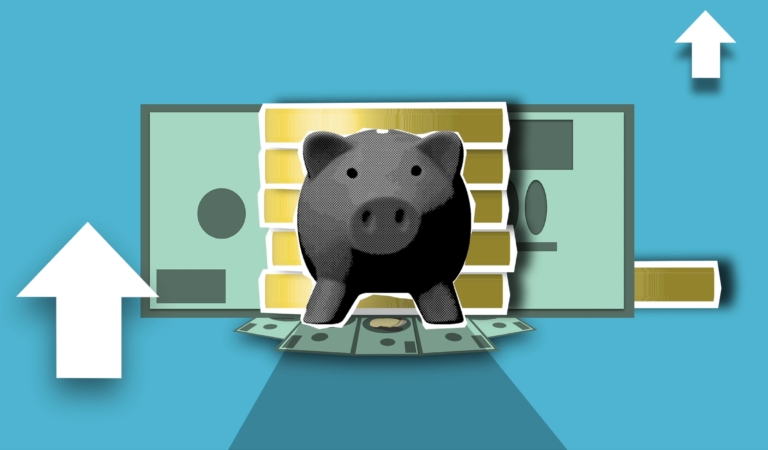Commercial property investment offers numerous advantages for savvy investors. However, securing financing is a crucial aspect of this process. In this comprehensive guide, we will delve into traditional bank loans, SBA loans, and alternative financing options, such as crowdfunding and private lending, to help you make the best decision for your financial situation and objectives.
Traditional Bank Loans
Traditional bank loans are a popular choice for financing commercial property investments. They offer competitive interest rates, longer repayment terms, and the opportunity to build credit. However, they also come with strict requirements and a lengthy application process.
Pros of Traditional Bank Loans
- Lower interest rates: Traditional bank loans often provide lower interest rates compared to alternative financing methods, resulting in long-term cost savings.
- Longer repayment terms: Longer repayment terms enable more manageable monthly payments, reducing the financial burden on investors.
- Build credit: Obtaining a bank loan and making timely payments can enhance your credit history, facilitating future financing endeavors.
Cons of Traditional Bank Loans
- Stringent requirements: Qualifying for a bank loan may prove challenging due to strict credit score, financial history, and collateral requirements.
- Lengthy application process: The time-consuming application and approval process for bank loans can hinder your commercial property purchase timeline.
SBA Loans
SBA loans, backed by the U.S. Small Business Administration, are a popular financing option for commercial property investments. They offer competitive interest rates, flexibility, and reduced risk for lenders. However, they come with strict eligibility requirements and a lengthy application process.
Pros of SBA Loans
- Government-backed: Partial guarantees from the U.S. Small Business Administration make SBA loans less risky for lenders and more accessible for borrowers.
- Competitive interest rates: SBA loans provide competitive interest rates and favorable terms, making them an attractive financing option.
- Flexibility: Investors can use SBA loans for various purposes, including commercial property purchases, refinancing existing debt, or making property improvements.
Cons of SBA Loans
- Strict eligibility requirements: SBA loan criteria, such as business size, financial history, and creditworthiness, may limit accessibility for some investors.
- Lengthy application process: Extensive documentation and a prolonged approval process can delay your commercial property purchase.
Alternative Financing Options
Alternative financing options, such as crowdfunding and private lending, offer investors flexibility and accessibility in financing commercial property investments. These options can be especially beneficial for those who may not qualify for traditional loans or prefer a more versatile approach to financing.
Crowdfunding
Crowdfunding is a modern approach to commercial property financing, allowing investors to pool their resources and collectively fund a property purchase. This method can be advantageous for investors seeking capital without relying on traditional loans.
Pros of Crowdfunding:
- Access to capital: Crowdfunding can offer a viable financing solution for investors who don’t qualify for traditional loans or SBA loans.
- Shared risk: By pooling resources, investors can share the risk associated with commercial property investments, potentially mitigating individual losses.
Cons of Crowdfunding:
- Limited control: As crowdfunding involves multiple investors, you may have less control over the property investment and decision-making process.
- Variable returns: Since crowdfunding investments rely on multiple investors, returns may fluctuate based on the investment’s overall performance.
Private Lending
Private lending is another alternative financing option for commercial property investments and includes individuals or investment groups, who can offer loans with more flexible terms and conditions compared to traditional loans. However, they may also have higher interest rates and shorter repayment terms.
Pros of Private Lending:
- Flexible terms: Private loans can have more adaptable terms and conditions, making it easier for investors to find a suitable financing option.
- Faster approval process: Private lenders may have a quicker application and approval process compared to traditional bank loans and SBA loans.
Cons of Private Lending:
- Higher interest rates: Private loans may come with higher interest rates, increasing the overall cost of financing.
- Shorter repayment terms: Private loans typically have shorter repayment terms, resulting in higher monthly payments and increased financial strain on investors.
Choosing the Best Financing Strategy
When selecting a financing option for your commercial property investment, consider your financial situation, the property type, and your long-term goals. Comparing the advantages and disadvantages of each option is essential in making an informed decision. It’s also beneficial to consult with a financial advisor or mortgage broker to help determine the most suitable solution for your needs.
Conclusion
Purchasing a commercial property is a significant investment decision that warrants meticulous planning and examination of various financing options. By understanding the advantages and drawbacks of traditional bank loans, SBA loans, and alternative financing methods like crowdfunding and private lending, investors can make well-informed decisions that align with their financial situation and long-term objectives. Carefully evaluating each financing option and seeking professional guidance from a financial advisor or mortgage broker can ensure the most appropriate financing strategy is selected, setting the stage for a successful commercial property investment.








